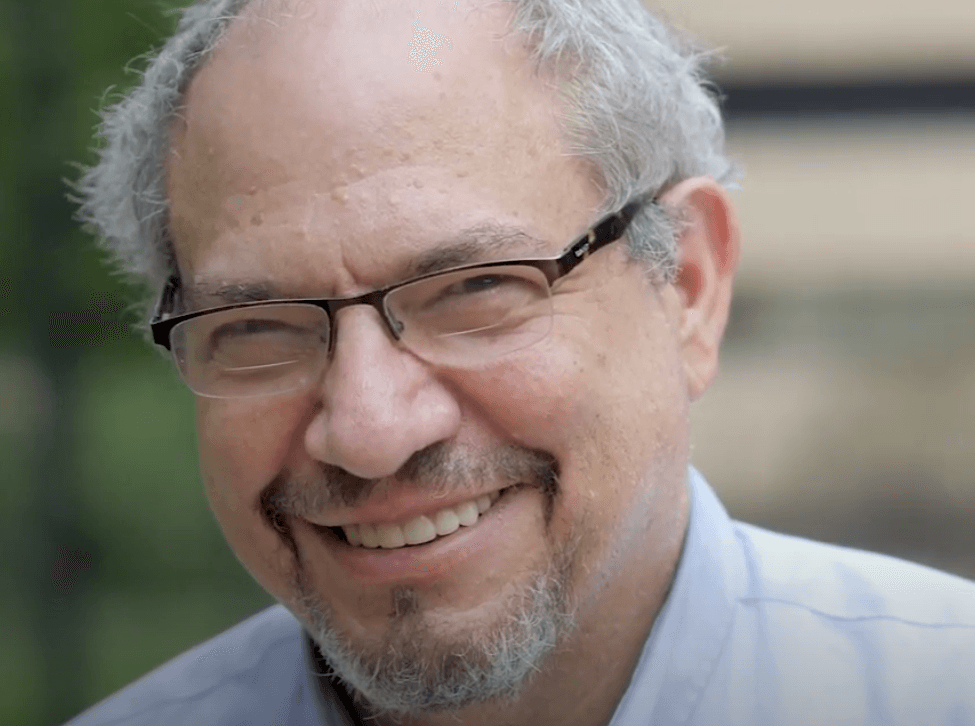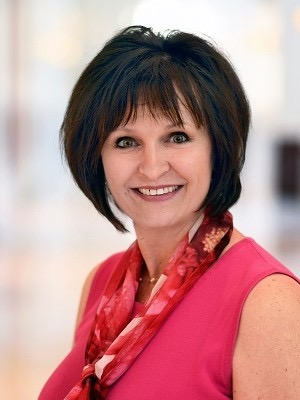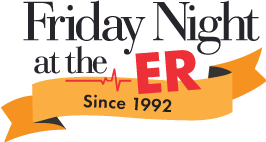
“Friday Night at the ER is a great game – brilliantly created. We leverage it very effectively to depict the interdependence across all departments and emphasize some of the core skills we want to infuse into our program. It is fascinating how the game manifests itself into reality; the skills needed to be successful in this simulation of operating a hospital translate to the skills needed to be successful at our organization. I love how quickly you can get a group to some very key, powerful learnings. It’s such a memorable experience and participants are enlightened by it.”
Kathleen Winningham, Senior Manager of Disney University Operations, Walt Disney Parks & Resorts

“It’s a very approachable game. It’s something that students can appreciate, they can sink their teeth into, they can get engaged with. So the message comes through without real effort. The game is suffused with message. It kind of sneaks up on you. A lot of students get this Aha! moment and it’s those moments that really stick with you.”
David C. Aron, MD, MS, Professor of Medicine and Organizational Behavior, Case Western Reserve University

“I’ve used Friday Night at the ER many times now. One of the things I like about the game is how easy it is to modify the debrief to map to different content modules. I also appreciate how well designed it is from a human factors perspective. The set-up is nice and it flows well. It intuitively begins to make sense once you start to play. It’s very well designed that way.”
Kyler Godwin, PhD, MPH, Director, VA Quality Scholars

“You can see how effectively a team communicates, how they work together under pressure, how risk averse they are. Do they play by the rules or are they looking for creative and innovative ways to solve common problems? It’s amazing all that can be discussed during a debrief with the team. I see it as a fit for any organization and any composition of players.”
Lisa Bichsel, Marketing Manager, GE Healthcare

“As an educator, you want to inspire the learner to go beyond what we know today to create what we need to do for tomorrow. Because it is really complex – the healthcare system that we’re working in. We need everybody to be thinking about solutions and Friday Night at the ER gives you an opportunity to actually look at not only the way we might deal with patient flow, but the way we might deal with systems in the implementation of quality and the containment of cost. And those are forever important pieces of our healthcare system.”
Carol Durham, MILR, CSP, Director, Education-Innovation-Simulation Learning Environment, University of North Carolina at Chapel Hill School of Nursing

“Friday Night at the ER is an educational game to enhance knowledge and competence in systems thinking and thinking creatively about new solutions to health care problems, and then also a way to enhance teamwork and collaboration. You can just see it when the students have that Aha! moment – you know they are never going to forget that. You can’t teach that.”
Mary Dolansky, PhD, RN, Director of the QSEN Institute (Quality and Safety Education for Nurses)

“The ultimate benefit of games like Friday Night at the ER comes when groups of people who actually work together play the game. Because then they collectively can start to discover that all my smart ideas and all the good stuff I’m doing might actually be part of the cause of the problems. And when a group of people who work together start to develop that sort of awareness, they actually have the possibility for change which is never achieved any other way.”
Peter Senge, PhD, MS, Senior Lecturer, MIT Sloan School of Management

“In Friday Night at the ER, I believe there is a sense of self and group efficacy that develops, and participants naturally begin to wonder what the implications are for their organizations. Participants start to think about how they contribute to whole system performance.”
Phil Cady, CD, DSocSci, MA, BSW, President & Leadership Consultant, CLSWEST

“Friday Night at the ER offers a unique approach to experiencing the principles of systems thinking without reading a book; the visceral game experience has staying power when participants return to their job. When you work with a team and position the game play in the context of what is happening for them, the learning that results from playing the game has a direct link.”
Joann Gadbaw, MA, Organization Development Consultant

“Scientists are discovering more and more how our existence on this planet is made up of an incalculably complex system of forces, influences, and events. And social scientists are applying this reality to the study of people in organizations. This is what Friday Night at the ER brings to life in a very practical way. It raises participants’ awareness of the system in which they work. And, of course, the first step to making a change is awareness.”
Ian Cook, MILR, CSP, Principal & Leadership Consultant, Fulcrum Associates Inc.

“It’s about collaboration…about seeing your department as one piece of an enormous mosaic. I bet there was a department manager in a dry room on the Titanic who went down thinking ‘It’s OK, my department is dry.'”
William J. Ward, Jr., MBA, Associate Professor of Health Finance and Management, Johns Hopkins University Bloomberg School of Public Health

“Usually when you do an educational game, it’s barely educational and it’s barely fun. Friday Night at the ER is the opposite – it’s incredibly educational and it’s incredibly fun. Our students love it. I love it. I just can’t say enough great things about it.”
Benjamin Milanowski, RN, Coordinator, Center for Nursing Education and Simulation, Purdue University

